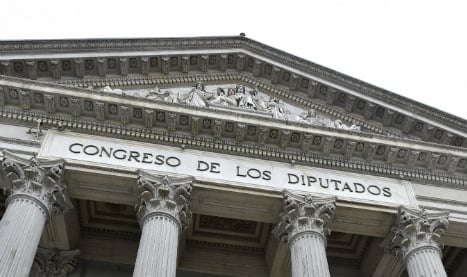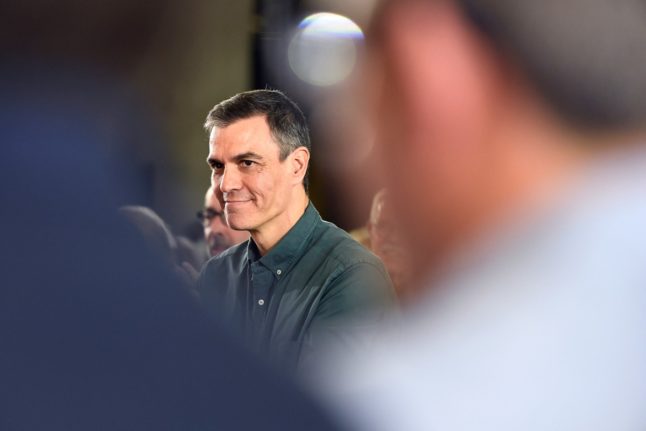It paves the way for Spain to finally get a government after ten months of political paralysis following two inconclusive elections.
As a deadline to form a government fast approaches – which if missed will mean a third round of elections – these are the main developments to watch out for in the coming days:
Agreement to abstain
On Sunday, after weeks of in-fighting, the Socialist Party's policy-setting federal committee voted 139 to 96 to allow the conservatives to take power.
They decided to abstain in a parliamentary vote of confidence on a government led by acting conservative Prime Minister Mariano Rajoy instead of casting their ballot against him as they did in a previous September vote.
This gives Rajoy's government enough traction to see it through a vote of confidence.
With the abstention of the Socialists – who have 85 MPs – Rajoy will get the simple majority he needs in the 350-seat lower house.
Kingmaker
With this knowledge in hand, Rajoy will meet with King Felipe VI on Tuesday, a necessary step in the process to have him appointed head of government in a non-caretaker capacity.
If Rajoy tells him he thinks he has the necessary backing, the king will nominate him as prime ministerial candidate, possibly as soon as Tuesday evening.
Halloween
Parliamentary speaker Ana Pastor will then decide when to call the required two rounds of parliamentary debates after which confidence votes can be held.
The first one requires an absolute majority, which Rajoy will not get. The second one is held 48 hours later, and only requires a simple majority.
As such, the first vote could take place on Thursday, October 27th or Friday, October 28th – and the second and final one will be held on either Saturday, October 29th or Sunday, October 30th.
Whatever happens, the vote must be held before October 31st under a constitutional timeframe.
A government, finally?
If Rajoy wins the vote, the king will name him prime minister and he will set about forming a cabinet. But he will have a tough task on his hands and will face huge opposition in parliament.



 Please whitelist us to continue reading.
Please whitelist us to continue reading.
Member comments